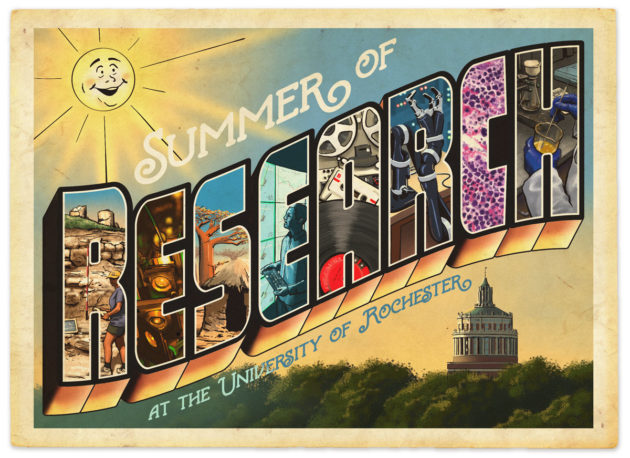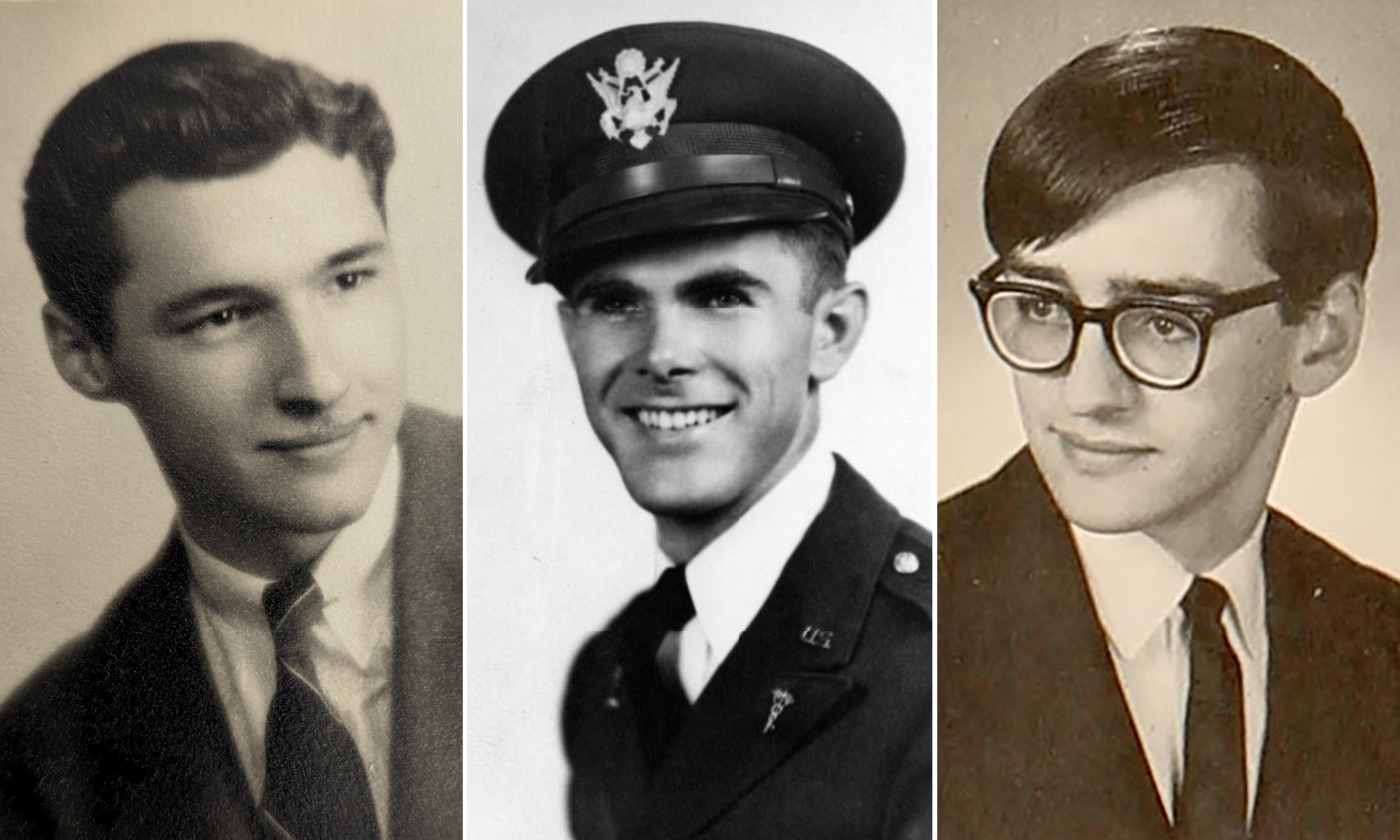
Joy Nicholas ’19 got her first look at the research process this summer—and likes what she saw.
“I like the opportunity that research presents to bring awareness to an issue that a lot of people don’t know about,” says the rising junior in public health. “You can use the research to help advocate for people and to make a change.”
Nicholas, a McNair scholar, studied whether race and ethnicity is associated with suboptimal infant feeding practices. For example, are low-income, minority women more likely to disregard recommendations that they exclusively breastfeed their infants for the first six months, and instead start introducing solid foods or other liquids such as water or juices?
Thanks to her mentors—Ann Dozier, a professor and chair of public health sciences at the Medical Center, and Holly Widanka, a senior health project coordinator in the department—Nicholas got a comprehensive, nuts-and-bolts look at what the research endeavor involves.
She stuffed envelopes with the surveys that Dozier’s lab sends out four months postpartum to all mothers who give birth in Monroe County. When the surveys came back, she coded them and performed data input and analysis. Nicholas attended meetings with the team as well as with low-income mothers and fathers for further feedback on survey results. She then transcribed the meeting discussions and coded the comments relevant not only to breastfeeding and complementary feeding, but safe sleeping and passive smoking.
She even practiced giving a poster presentation of research findings.
“Oftentimes McNair scholars are really putting their toe in the water,” says Dozier. “Our intention is to give them an immersion during their eight weeks with us, so they fully experience what research looks like, including the grunt work that you have to do.”
In fact, some students learn first-hand that research is not necessarily something they want to pursue in the future, notes Dozier. “But it helps them hone more clearly what kind of career they want to have.”
Nicholas says her experience this summer has given her new insights into a complex public health issue.
“A lot of mothers listen to family members or peer advice about how to feed their infants, even more than they listen to their doctors, and start introducing cereal or porridge in their infants diets [before the six months expires],” she says. “So it’s a challenge getting consistent messaging out about the recommendations.”
She’s grateful for the rigorous introduction Dozier and Widanka devised for her—grunt work and all.
“Hearing about research and actually doing it is completely different. You learn so much by being involved in different aspects of it,” Nicholas says. “I really liked it. I can see myself doing this.”
Nicholas grew up dreaming of one day joining Doctors without Borders. Now she’s found her niche in public health, and is aiming to earn a master’s degree, perhaps after a stint working abroad with the Peace Corps.
“Optimal breast feeding is a especially important in developing countries,” Nicholas says, “because sometimes the water is not safe, and formula dilution carries a high risk of threatening the baby’s health.”



